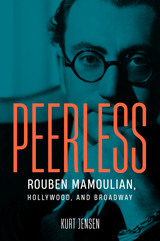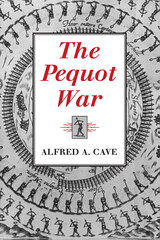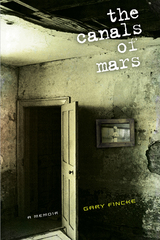
The Canals of Mars is a memoir that explores and ponders "weakness," which in Gary Fincke's family was the catch-all term for every possible human flaw-physical, psychological, or spiritual. Fincke grew up near Pittsburgh during the 1950s and 1960s, raised by blue-collar parents for whom the problems that beset people-from alcoholism to nearsightedness to asthma to fear of heights-were nothing but weaknesses.
In a highly engaging style, Fincke meditates on the disappointments he suffered-in his body, his mind, his work-because he was convinced that he had to be "perfect." Anything less than perfection was weakness and no one, he understood from an early age, wants to be weak.
Six of the chapters in the book have been cited in Best American Essays. The chapter that provides the book's title, The Canals of Mars, won a Pushcart Prize and was included in The Pushcart Book of Essays: The Best Essays from a Quarter Century of the Pushcart Prize.
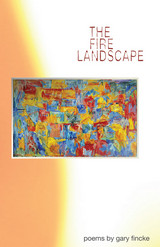


These stories are often set against large, significant events like the Cold War, Vietnam, and the Kent State shootings, but are always uniquely local. A mother fends off the police by brandishing copperhead snakes. A woman cares for the dog of an alleged double murderer. A husband who has lost his job works at trying to save his wife from a debilitating phobia.
This extensive collection by Gary Fincke, an accomplished poet and writer of fiction, gives rise to ordinary people living lives made fascinating by attention to the particulars of voice, place, and character. With precise language, surprising imagery, and sharp, evocative dialogue, these stories deepen beyond the oddities of their characters, who are scarred and defeated by circumstance and choice, but also attain moments of grace, compassion, and generosity of the spirit.
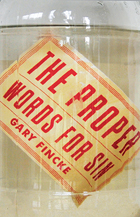
Coal burns underground and destroys a small town. A woman confronts police officers with her pet copperheads. A young girl drinks Drano. A man is banned from his favorite bar.
Within these eleven short stories, Flannery O’Connor Award winner and poet Gary Fincke brings into focus the small struggles of ordinary people. The characters within this collection, from boys and girls to fathers, mothers, and the aging, live in cities, in towns, and in rural areas. Yet, no matter the surroundings, all seem alone within a collective anxiety. Set against extraordinary events, such as the Three Mile Island accident, the Challenger Disaster, and the Kennedy assassination, these stories personalize history through a juxtaposition between large and small tragedies and the unflinching desire to find insight within and redemption from weakness and shortcoming.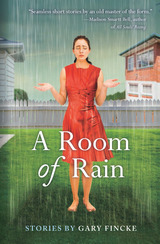
The narratives throughout Gary Fincke’s sixth collection of short stories contain newsworthy events that are chronicled secondhand: the shooting of a policeman, the murder of a house flipper, the firing of a teacher for punching a violent student, the accidental drowning of a gay man in a flood, and a fire somewhat accidently set by a juvenile smoker in a school.
Despite these surprising events, the narrator of each story is an ordinary person caught up in the action but preoccupied by other things, whether zombie movies, collecting unusual words, the oddity of other people’s sexual habits, or what to do in retirement.
These shocking incidents become both central and peripheral to the narrative, as Fincke portrays the fluctuating emotions and self-protective reflections of fathers, sons, and husbands, creating a world where individuals rarely understand each other, yet still arrive at moments of compassion, tolerance, perseverance, and familial love.
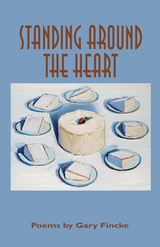
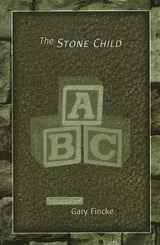
READERS
Browse our collection.
PUBLISHERS
See BiblioVault's publisher services.
STUDENT SERVICES
Files for college accessibility offices.
UChicago Accessibility Resources
home | accessibility | search | about | contact us
BiblioVault ® 2001 - 2024
The University of Chicago Press


